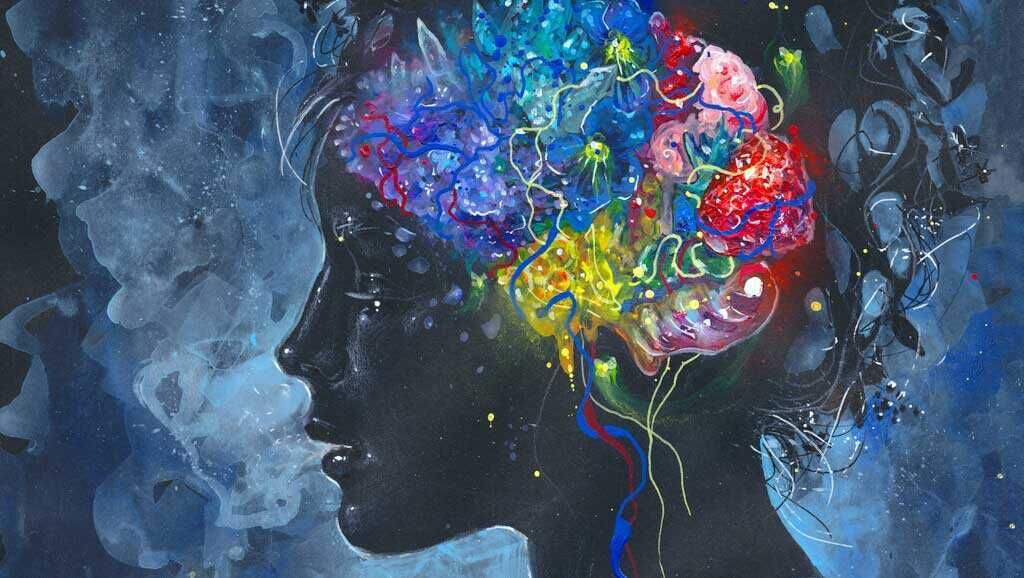Healing drugs?
Nascent research shows that psychedelic drugs have therapeutic potential for a wide array of mental health conditions but those should only be used under medical supervision

Don't do drugs, stay clean." A societal norm that everyone has been preached since they're little kids. The reality is that the word drug has a negative connotation deeply ingrained in our psyche. Drugs are substances that change a person's mental or physical state. Practically speaking, over-the-counter medicines are drugs too, as are the oral contraceptives, antihypertensives and cold medicines. But the reference here is to what the society deems as "dangerous drugs" or dangerous habit-forming substances.
Science is forever evolving and believes in facts, research and trials instead of just opinions and morals. While some frown upon such research, others debate that as these drugs are already being used out in the world, in an unsupervised manner, scientists need to test them under controlled conditions to ensure safety, and see if there is some validity in the claims made by people using them.
New uses for older drugs
Psychedelic drugs have been around for a while. Lately, they have been gaining mainstream acceptance. A growing body of evidence suggests that several psychedelic compounds may hold strong therapeutic potential for a wide array of mental health conditions.
There is renewed medical interest in psychedelic drugs like lysergic acid diethylamide (LSD), mushrooms (psilocybin), ecstasy (MDMA), ayahuasca, DMT (dimethyltryptamine), and ketamine for therapeutic purposes.
So far, the research being undertaken is for its use in treating depression, anxiety, PTSD, complex trauma, addiction, and chronic pain among a few.
The research has mixed claims and is ever-evolving. John Hopkins Medicine carried out a small study of adults with major depression, where researchers reported that two doses of the psychedelic substance psilocybin, given with supportive psychotherapy, produced rapid and large reductions in depressive symptoms, with most participants showing improvement and half of the participants achieving remission through the four-week follow-up.
PAP: Psychedelic assisted psychotherapy
PAP can be done with natural psychedelics, like psilocybin, ayahuasca, and DMT, or lab-developed pharmaceutical versions like ketamine and LSD.
Psychedelics are not prescribed recreationally, but rather under a strict vigil and supported along with psychotherapy. During the session, the patients are continuously monitored and supported by trained mental health professionals. Instrumental music is sometimes added, and subjects are encouraged to stay introspective and open to feelings, thoughts and emotions. It has shown some results in the treatment of anxiety, depression, trauma and addiction.
LSD micro-dosing: The new way of life?
The latest buzzword is micro-dosing which means the practice of ingesting a hallucinogen at 5-10 per cent of a dose that would induce a psychedelic effect. The tall claims of supposed effects on mood, cognition, increased performance and creativity have been reported by some, especially in Silicon Valley. However, recent research by the University of Chicago has not found evidence to support those claims. Recently, a popular book on the theme of micro-dosing, "A Really Good Day: How Micro-dosing Made a Mega Difference in My Mood, Marriage and My Life", by Ayelet Waldman garnered a lot of interest from the masses.
Heavy funding for research into psychedelics and mental health is ongoing around the world. A group of Silicon Valley and Wall Street executives have raised USD 30 million to help develop psychedelic-drug therapy to treat trauma patients.
Ketamine infusion in depression
When used in higher doses, ketamine can serve as an anaesthetic. In lower dosages, it temporarily modifies consciousness, including changes in mood and cognition. Ketamine infusion has shown short-lived but significant improvements in many cases of treatment-resistant depression.
Tread with caution
While the effects sound dreamy and may encourage you to explore it, remember that the research is still in the nascent stages. These drugs are administered under the guidance of the doctor and not for self-help. They do possess a high abuse & addiction potential if done in excess.
FDA approval is the guideline needed for any new drug or medication to be cleared for all safety purposes and introduced legally for medical use.
Balance: The use of these drugs is usually recommended with other antidepressants, anti-anxiety molecules, therapy and rigorous lifestyle changes. These may not be an alternative or substitute but add on or reserved for only very resistant cases.
Note: This article is only based on facts and the latest research and doesn't hold the views or opinions of anyone.
Send your questions to [email protected]



